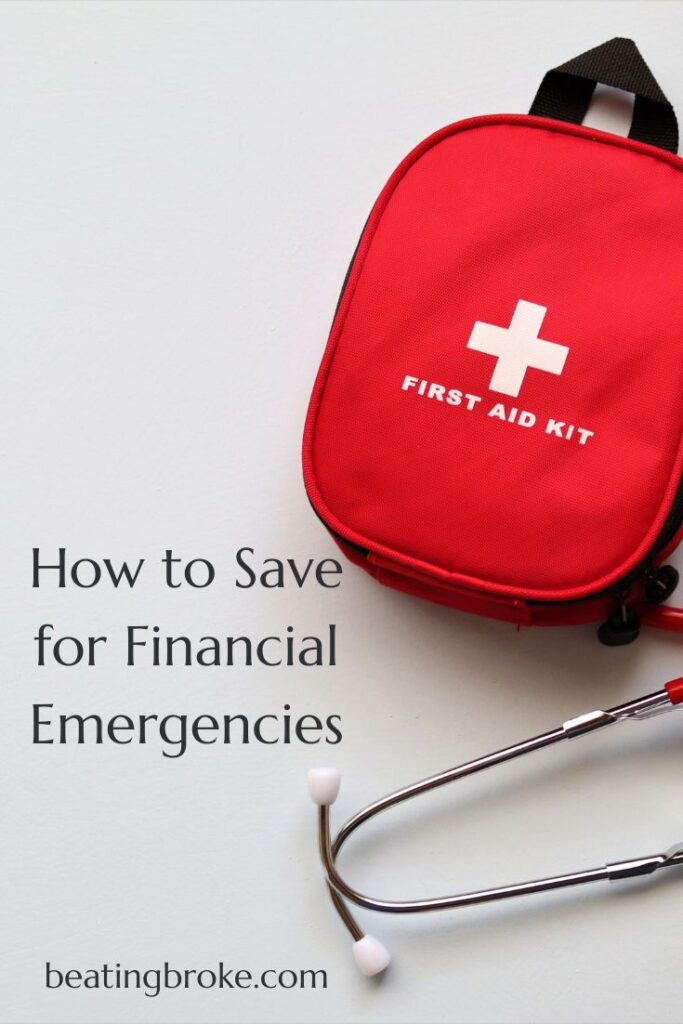Way back in March, I mentioned that I was beginning to look into making some adjustments and doing some price checking. Somewhere in between there and here, life got in the way and I wasn’t able to get it done as quickly as I would have liked. I’ve finally caught up to it though and I’m glad that I did.
This story should be proof for the rest of you who don’t regularly compare prices on things. Never assume that you’re getting the best rate.
Our car insurance had been with State Farm. I have been a customer of theirs for close to a decade. As of August (when the home owners insurance renews) I will no longer be a customer. Why? Because, what I found in my checking is that they were tied for most expensive auto insurance. And the home owners wasn’t much better. Of course, your results may vary and the insurance company for us isn’t necessarily going to be the company for you. I know that when I originally signed up with State Farm, it was because the price comparison tool at Progressives website pointed to them as being the cheapest.
I find it ironic that the insurance company that we’re moving to is Progressive. We’ll be moving our Home Owners policy to someone else. Progressive was almost exactly 50% cheaper than State Farm. 50%!!! In fact, the total for 6 months for all three vehicles that we insure was just barely more than it was for just one of them at State Farm. That’s pretty incredible. A bit of trivium; our new ins. agent mentioned that he’s moved 11 clients from State Farm to Progressive in the last month or so, and that about 6 Progressive clients have moved to State Farm. I mention that to concrete the idea that the right insurance company for one person isn’t necessarily the right insurance company for another. With all the variables that they take into account, it’s hard to say which will be better unless you do some shopping.
Another interesting note from the adventure. Previously, I went to a State Farm agent and got my insurance. This time, I went to an insurance agency. They’re independent for the most part and have access to several insurance companies to quote from. That makes it much easier to shop around, as they will do most of the footwork for you. All you’ve got to do is check any companies that you’d like quotes from that the agency doesn’t have a relationship with. In our case, Allstate was probably the biggest one that the agency didn’t have to quote from. I used Allstate’s online quote tool and found it to be on par with State Farm.
So, lesson learned. Shopping around is good. It can help you find the best deal when you’re buying just about anything. But, if you’re buying a service, remember to shop around periodically and compare the service that used to be the best deal to make sure it still is. You just might do like we did and save 50%.













